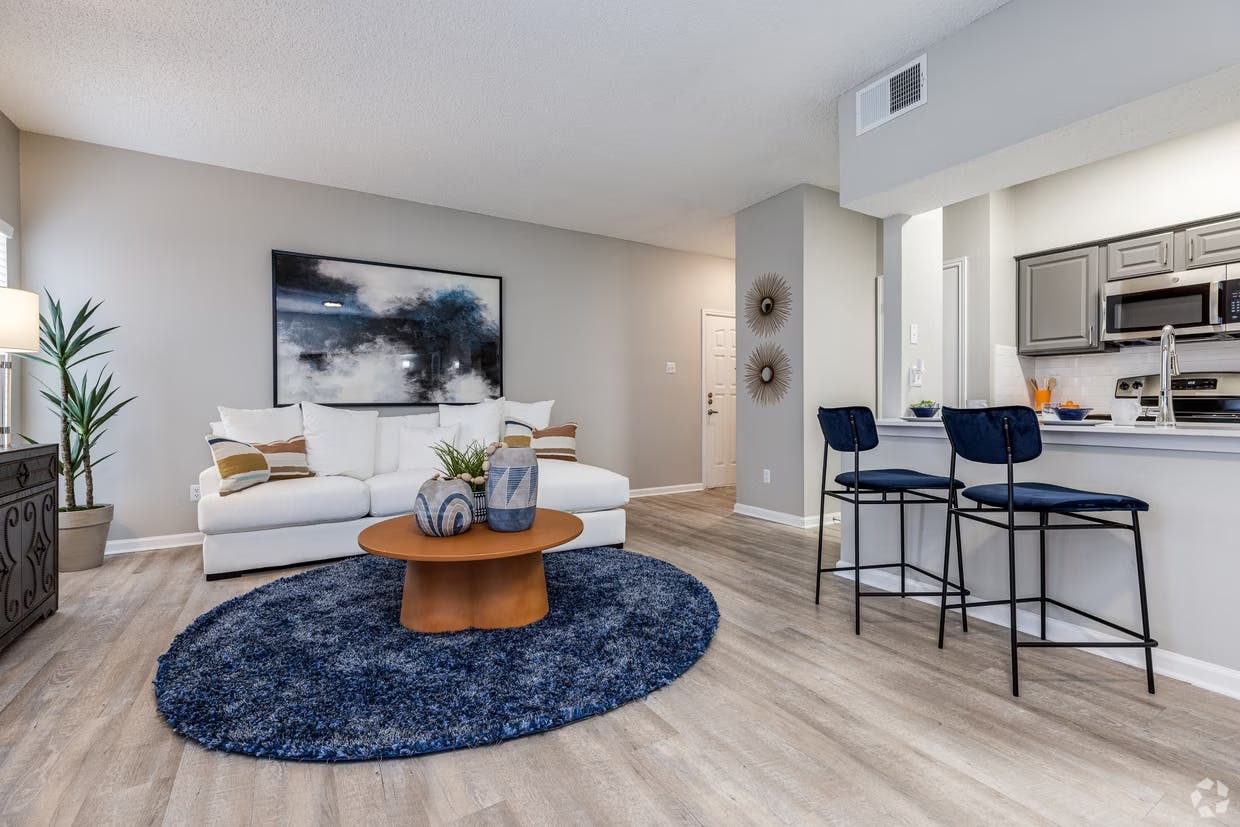Decoding Apartment Fees: Understanding Common Charges and Their Purposes for Renters
November 18, 2023
When searching for a new apartment, the cost goes beyond just monthly rent. Many apartment complexes charge additional fees that might catch tenants off guard. Understanding these fees and their purposes can help prospective renters budget effectively and avoid surprises. Here are some common fees charged by apartments and the reasons behind them:
1. Application Fee: Before securing a rental, prospective tenants often need to submit an application. An application fee covers the cost of processing background and credit checks. This fee helps landlords ensure they are renting to financially responsible and trustworthy individuals.
2. Security Deposit: One of the most common fees, the security deposit, acts as a safety net for landlords in case of damage beyond normal wear and tear. It’s typically refundable at the end of the lease term, contingent upon the condition of the apartment.
3. Pet Fees: Apartments often charge pet fees or pet deposits for tenants with furry companions. These fees cover potential damage caused by pets and may also contribute to additional cleaning required to remove pet-related odors and hair.
4. Move-In/Move-Out Fees: Some apartments charge move-in and move-out fees to cover administrative costs associated with the transition, including paperwork processing, elevator reservations, or reserving common areas for moving activities.
5. Utility Fees: Certain apartments might charge for utilities like water, gas, electricity, or trash removal. This could be a flat fee or based on usage, and it ensures that tenants are accountable for their consumption.
6. Amenities Fees: Apartments with amenities such as gyms, pools, parking lots, or community spaces often charge additional fees to cover the maintenance and upkeep of these facilities. These fees contribute to maintaining a high standard of living for all residents.
7. Late Payment Fees: Late payment fees are incurred when tenants fail to pay rent on time. They serve as an incentive for timely payment and help cover administrative costs associated with chasing late payments.
8. Lease Renewal Fees: Upon renewing a lease, some apartments charge a renewal fee. This fee covers administrative costs for processing the renewal paperwork and updating lease agreements.
Why Apartments Charge Fees:
While these fees can sometimes feel burdensome, they serve various purposes essential for maintaining the property and ensuring a smooth renting experience:
- Risk Mitigation: Security deposits and pet fees mitigate risks associated with potential property damage.
- Maintenance: Fees for amenities contribute to maintaining communal areas and facilities for residents’ enjoyment.
- Administration Costs: Application fees and move-in/move-out fees cover administrative costs incurred during the rental process.
Understanding the rationale behind these fees helps tenants comprehend their financial obligations and plan their budgets accordingly. Before signing a lease, it’s crucial to carefully review the terms and conditions regarding fees to avoid any surprises.
In conclusion, while additional fees might seem like an added expense, they play a crucial role in ensuring a well-maintained and smoothly-operating apartment community. Being aware of these fees and their purposes allows renters to make informed decisions and budget effectively for their new home.

